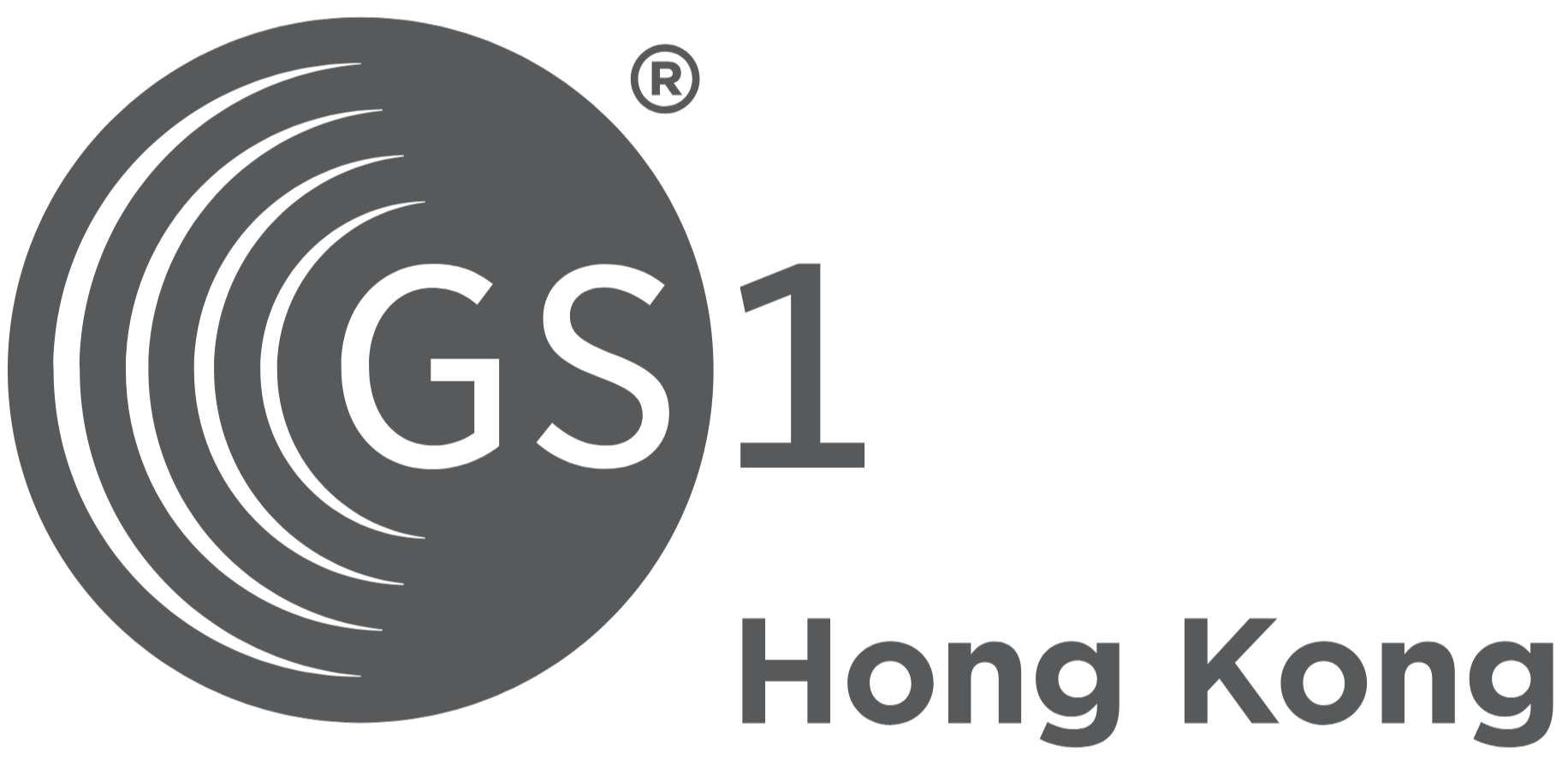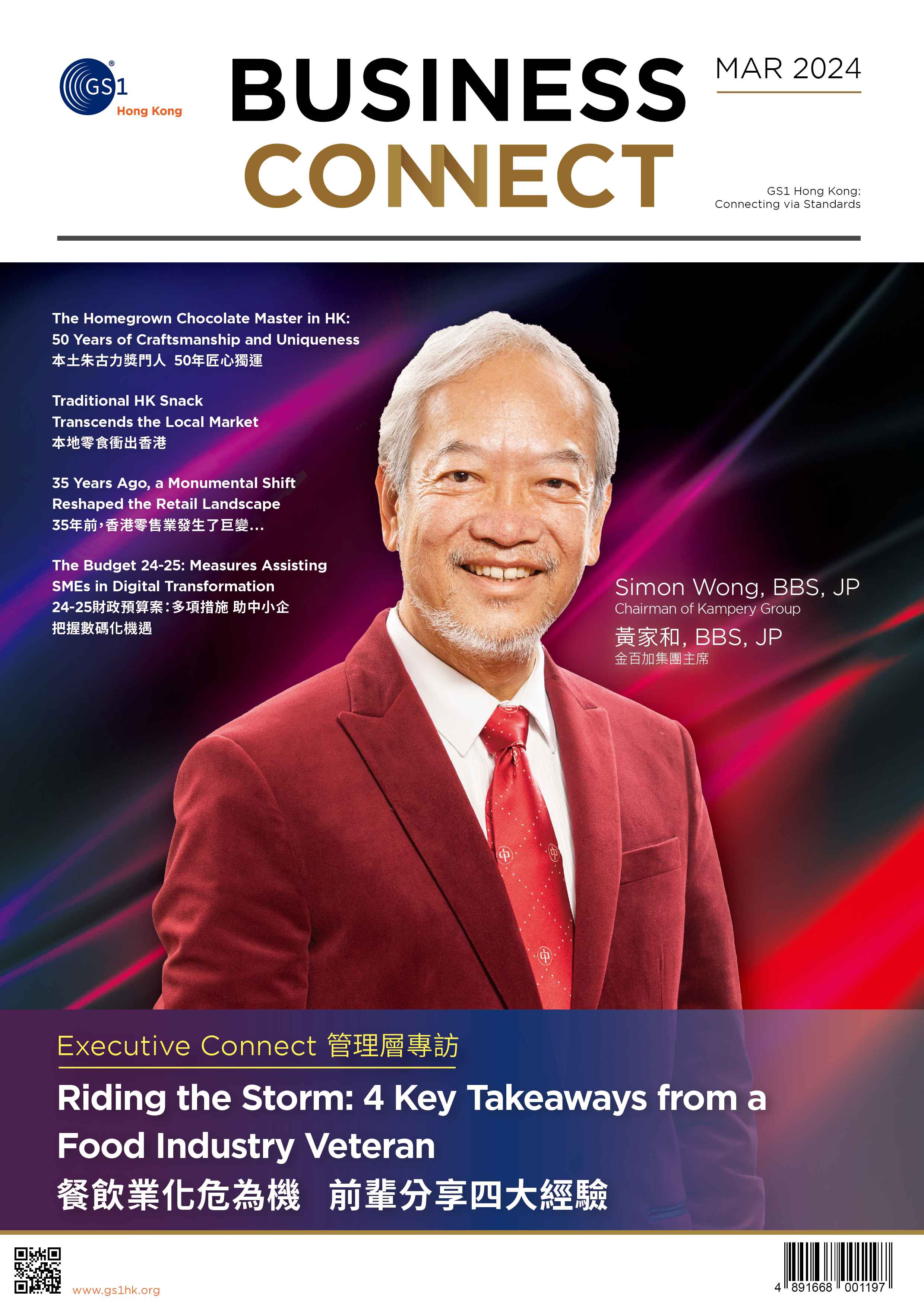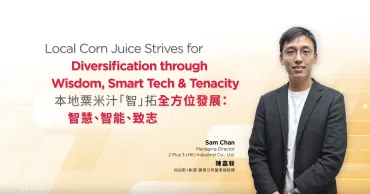
Riding the Storm: 4 Key Takeaways from a Food Industry Veteran
Increasingly more companies are tapping into the organic health food market as the trend prevails. Simon Wong, Chairman of Kampery Group, had the foresight more than 20 years ago to develop a health product business line on the foundation of his food and beverage production. Through its Organic Garden farm in Sheung Shui back in the days and global sourcing team, the Group supplies fresh vegetables and an array of organic foods for over 20 years, championing its leadership position in the market.
With first-hand experience of the evolution, ups and downs in the F&B sector, the veteran alludes the industry to a ripped, sweet orange, and soon turning dry and bland with status quo. While keeping Hong Kong’s first-of-class heritage, Simon advised the next generation to evolve and embrace balanced development, see beyond the domestic, make good use of technology, and be innovative to discover their own blue ocean.
Don’t Put all Eggs in One Basket
The organic brand “Greendotdot” found by the group in 2000 is famous for its range of health foods. After the SARS outbreak in 2003, its sales quickly doubled, with revenue, profit and reputation rising steadily. The group's Organic Garden farm was then Hong Kong’s largest organic farm, providing 25% of local organic vegetables and serving as a local supply source for Greendotdot. It ceased operations due to the North East New Territories New Development, yet the brand did not suffer much impact because besides the local produces, the company had an abundant source of global organic suppliers.
The brand runs an inventory of over 600 product items, ranging from rice and grains, healthy snacks, to drinking powders targeting specific body functions. Simon knew by then the virtue of “don’t put all your eggs in one basket”. “I once invested heavily in running restaurants, but the SARS outbreak cost me a fortune. I was lucky that Greendotdot retail income can cover majority of the losses from restaurant closure.”

A Global Market Perspective
With his honesty and openness, Simon effortlessly built up an extensive business and personal network. Besides working with local organic farmers, he also collaborates with local fish famers and the Agriculture, Fisheries and Conservation Department to promote local seafood and facilitate entrance into the Mainland China market through CEPA, the free trade agreement, setting sight on the larger market potentials.
Kampery Group has never limited its market solely in Hong Kong, and has built itself into an integrated enterprise in Mainland China that covers manufacturing, wholesaling, retailing, import/export and more, with business footprints in the US, Australia, Canada, France and around the globe.
Simon believes the Greater Bay Area (GBA) is filled with business opportunities that local merchants should look into. He advised the HK government could take the lead in promoting cross-border integration and deepening ties, in fields like trade and customs clearance. The government could consider setting up funds or insurance specifically for HK businesses entering into the GBA, to lower risks and boost confidence, he suggested.
Staying Ahead with Innovative Ideas & Tech
To tackle the labor shortage issue in the catering industry, Simon, as Chairman of the Hong Kong Coffee & Tea Association (ACTK), led the collaboration with the Hong Kong Productivity Council to develop Hong Kong’s first artificial intelligence HK-style milk tea making robot “KamChAI”, unveiled in 2018. This robot replicates all of the complicated traditional techniques to produce the milk tea, from brewing and stewing to pouring. By entering data, it can fill up the hard-to-find staff with consistent quality while retaining uniqueness of different brewing masters.

Previously served in GS1 HK’s Board of Director, Simon had steered and guided GS1 HK’s direction that promoted digital transformation across food & beverage, retail and many other industries.
“Business in the past was relatively simple, focusing on profit and efficiency. The business environment today has become much more complex. For F&B sector, the basic requirements are of course food safety and traceability, but we must also address the public concerns on environmental protection, food waste recycling, fair trade, sustainable supply chains, etc.”
He urges wider adoption of digital technologies to meet the needs for green and sustainable development, and draws on GS1 HK's 1QR as a case in point, to provide consumers with diverse product information that helps bolster confidence and build loyalty.
“Over the years, GS1 HK has facilitated business efficiency, offered better online and offline engagement, and created efficient, transparent supply chain for cross-industry, through the provision of global data standards, digital and smart technologies. I believe this vital role will continue into the next 35 years and beyond.”
Advocate for HK Intangible Cultural Heritage
The craft of HK-style milk tea was named as one of Hong Kong’s intangible cultural heritage inventory, thanks largely to Simon’s spectacular efforts. To promote Hong Kong’s unique milk tea culture, ACTK started the “KamCha Competition” in 2009, deepening the heritage of HK-style milk tea making technique. “The KamCha Competition has now expanded to the Greater Bay Area and Mainland China, nurturing talented individuals for the catering industry in both regions and promoting industry development.” Simon is very proud as the keen supporter of this traditional craftsmanship.

Kampery believes in “taken from the community, giving back to society”. He leads by example in promoting local culture, and has also set up dedicated department to guide the staff leverage their expertise to give back to society. “We have participated in the ‘ESG+ Charter’ programme, continuously promoting green production and consumption models. Eco-friendly packaging, renewable energy for operations where possible, recycling coffee grounds into new products, are just a few examples that we strive to reduce, recycle, and reuse to support the circular economy.”

First Hong Konger's French Vineyard Claims Top Honour in France
Simon owns two wineries in France producing more than 120,000 bottles of red wine annually. His 17th century Chateau Le Cleret produced a red wine in 2022 that won the prestigious Medaille D'OR Paris 2023 Gold Award. "The competition is hosted by the French Ministry of Agriculture for 150 years. About 20,000 wines from 3,000 French Vineyard are submitted at every edition, reviewed by 6,000 assessors. I believe we're the first non-French winery to receive this top accolade." Excited about the laurel, Simon designed four wine labels to share the joy.
Simon was on business trip during the interview. Despite his global operations, he remains attached and concerned about Hong Kong’s F&B industry.
“The Northbound spending fever, weak consumption sentiment, labour shortages are all posing challenges to Hong Kong catering industry, which are clear indications for us to transform and adapt. I think one good example is, young people are opening smaller casual eateries, which not only reduce rental burden, but also enable a takeaway busines model. This is a smart way to mitigate risk going. Harnessing the power of technology can also help address various challenges. The government has a role to play as well, like expediting approval to bring in low-skilled labor for staffing needs, or funding local business to expand into the Greater Bay Area.”




